“Trailblazer” Urban Outfitters (Urban) is one of the leading brands in fast fashion today. In 2020 Urban’s parent company (URBN) brought in $4 billion dollars in revenue.
From wide-leg jeans to itty-bitty crop tops to platform high-tops, Urban always seems to be one step ahead of the latest trends. While fast fashion and trends are inherently un-sustainable, Urban tends to preach about sustainability and bettering our environment.
Since we know they have the money, the question then becomes: are they putting it where their mouth is? Let’s find out.
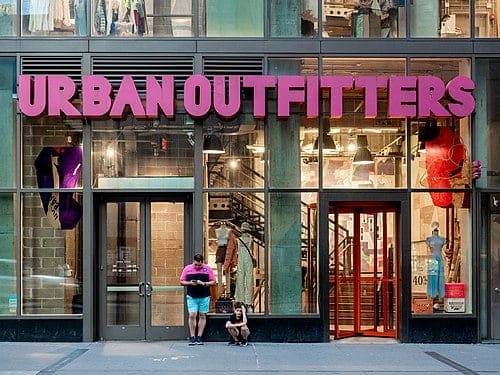
Is Urban Outfitters Fast Fashion?
Yes. With thousands of styles, discount prices, and a complete lack of transparency Urban shows all the signs of a fast fashion brand.
What Makes a Fashion Brand Sustainable?
At Eco-Stylist, we do our best to review leading brands as honestly as possible. To do this, we spend a lot of time researching these brands and their commitment (or lack thereof) to building a more sustainable, ethical, and all around better world.
We use three main categories to award points to a brand: Transparency, Fair Labor, and Sustainably Made. There are an additional 8 points possible for a brand’s commitment to leadership, diversity, and inclusion (LDI). You can learn more about our criteria here.
How Ethical & Sustainable is Urban?
TLDR: Avoid this brand. With 3/100 they are among the lowest scoring brands we’ve reviewed.
For ethical alternatives go here. For the finer details keep reading…
Transparency: 0/14
Any brand can earn up to 14 points in our transparency category. What does that mean for Urban?
Unfortunately, we could find no proof that Urban is doing anything within this category. The company neither discloses where their products are made, nor do they share the conditions that their products are being made in.
Now, you might be asking, why does this matter? There is a common trust between supplier and consumer.. If Urban cannot, or will not, disclose these things then we as consumers are forced to ask ‘why not?’ A lack of transparency shows that Urban’s senior leadership is most likely aware of the conditions of the factory and made an informed choice not to share this with their consumers. If red flags exist within the fashion world, this is certainly one of them.
Additionally, Urban does not disclose information about the manufacturing process. They do not disclose information regarding their levels of traceability or address the risks held with subcontracting.
Subcontracting is when a company like Urban hires a factory to do work, and in turn, that same factory hires outside people to do that work. The issue is that subcontractors usually do their work from home and are paid even less than the factory workers. This is a recipe for slave labor and unfortunately, most fast fashion companies do this! You can learn more about subcontracting here.
Subcontracting issues stem from the fact that the company cannot ensure that those workers are being treated fairly and working in safe environments, and Urban does not disclose any information about this.
Lastly, Urban does not account for any manufacturing before the final production process. Ideally, Urban should be disclosing things like where the products and materials are gathered from, how the materials are harvested/made, and information about the employees who are doing this kind of work.
Fair Labor: 1/33
To say that Urban is royally failing this assessment would be an understatement.
Let’s start off with what Urban is doing within this category – they do assess all first tier facilities, outlined within their code of conduct.
Urban is not doing anything to promote the well-being of their employees. They do not disclose what the conditions of the factories are, they do not take action to assess the labor and human rights risks within the supply chain, and they don’t even share knowledge of significant human rights violations.
Furthermore, Urban does not have programs to ensure the safety of their makers. They do not pay their employees a living wage, and they don’t have a plan for how to get there.
Living wages are important because they ensure that workers are being paid fairly for the work they are doing and that they are making enough to adequately support themselves and their families. Frankly, it is disconcerting when a brand like Urban doesn’t pay fair wages but the CEO, Richard Hayne, is worth 1.4 billion dollars.
Sustainably Made: 2/45
This category is worth the most out of all of our categories, so let’s talk about what Urban isn’t doing first. And get comfortable folks, it’s a long ride.
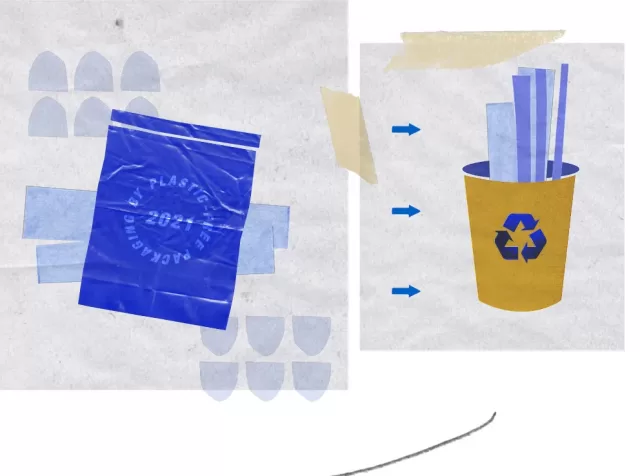
They do not promote intersectional sustainability, an acknowledgement that the waste they create has effects on the communities and people around their production sites. Urban does not measure any of their emission rates; CO2, water waste, air pollution, hazardous chemicals, etc.
Well let me rephrase, they might measure it, it’s the fact that it is not public knowledge that is concerning. Even more concerning, Urban does not currently have any programs that are working towards reducing their waste levels.
Urban also does not have a closed loop, meaning that they do not create conscious products that can be recycled or reused.
Now, what is Urban doing? They are using a few recyclable materials and they are also (somewhat) aware of their environmental impacts. If Urban expanded on these two areas they could be on their way to passing this section of criteria, something we hope to see them do.
Leadership, Diversity, and Inclusion: 0/8
This category is only worth 8 points, but it is important nonetheless. This category shows that the brand is both inclusive and diverse at senior leadership levels.
Urban does not take any initiative to encourage more ethical production and consumption. They are also extremely vague when it comes to diversity within their company. A simple check on Linkedin allowed for us to see who was leading their company and unfortunately, not many POC or women are a part of that list.
Urban’s Overall Sustainability Score: 3/100
So, where does this land Urban? It’s not hard to guess what 3/100 means.
Unfortunately, it doesn’t look like Urban will be winning any gold medals anytime soon. However, this doesn’t mean that they can’t increase their score. At Eco-Stylist we try to promote progress and growth.
We are not looking to get any of these brands ‘canceled’, but asking them to do better for the world and for their consumers – and for good reason. We look forward to seeing some progress from them in the future.
Where Can I Find Ethical Alternatives to Urban Outfitters?
Here’s a few brands we recommend for good sustainable swaps to Urban.
Colorful Standard
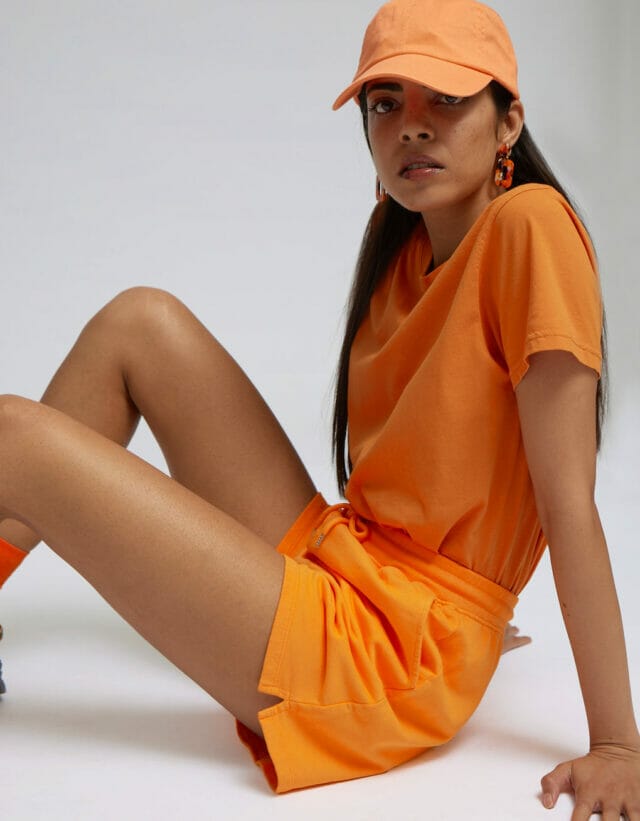
Eco-Stylist Certified brand Colorful Standard offers everything from underwear and basics to hoodies, button-downs, shorts and sunglasses. They excel in Fair Labor and commit to living wages, more sustainable manufacturing, and more sustainable fabrics in every single piece.
Kotn
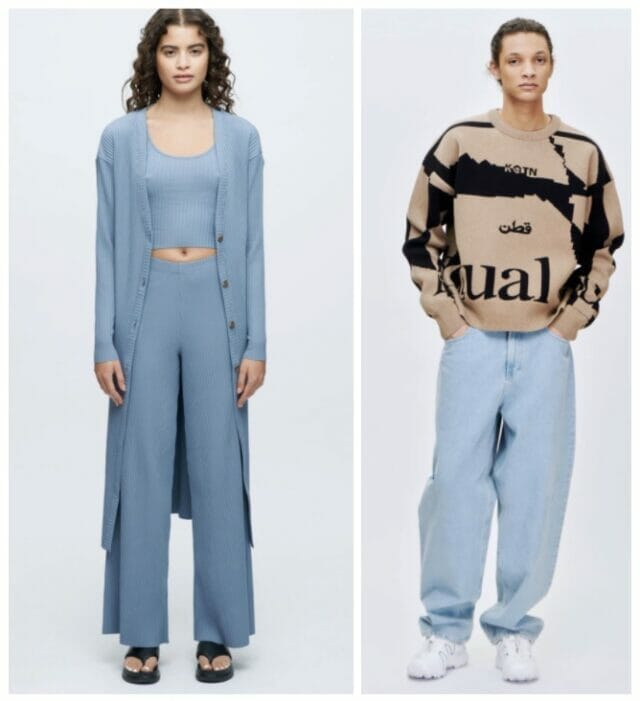
Kotn offers high quality essentials with a slightly fashion forward flare. Great for tops, dresses, and loungewear. Kotn excels in Transparency and uses direct trade practices to ensure fair pay for their partners.
Girlfriend Collective
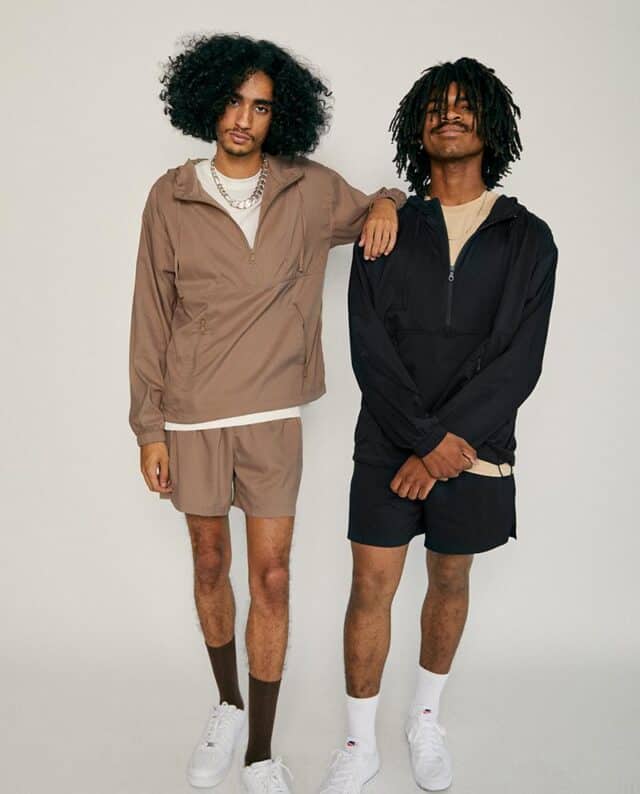
Girlfriend Collective offers body positive loungewear and activewear for everyone. Great for leggings and swimwear (and now mens too). They excel in Transparency and Fair Labor, using SA8000 certified factories to ensure living wages.
Outerknown

Outerknown is great for shirts, sweaters, jeans, dresses, and jumpsuits. They excel in Transparency and use a number of Fair Trade certified factories for ethical production.
Looking for More Sustainable Fashion?
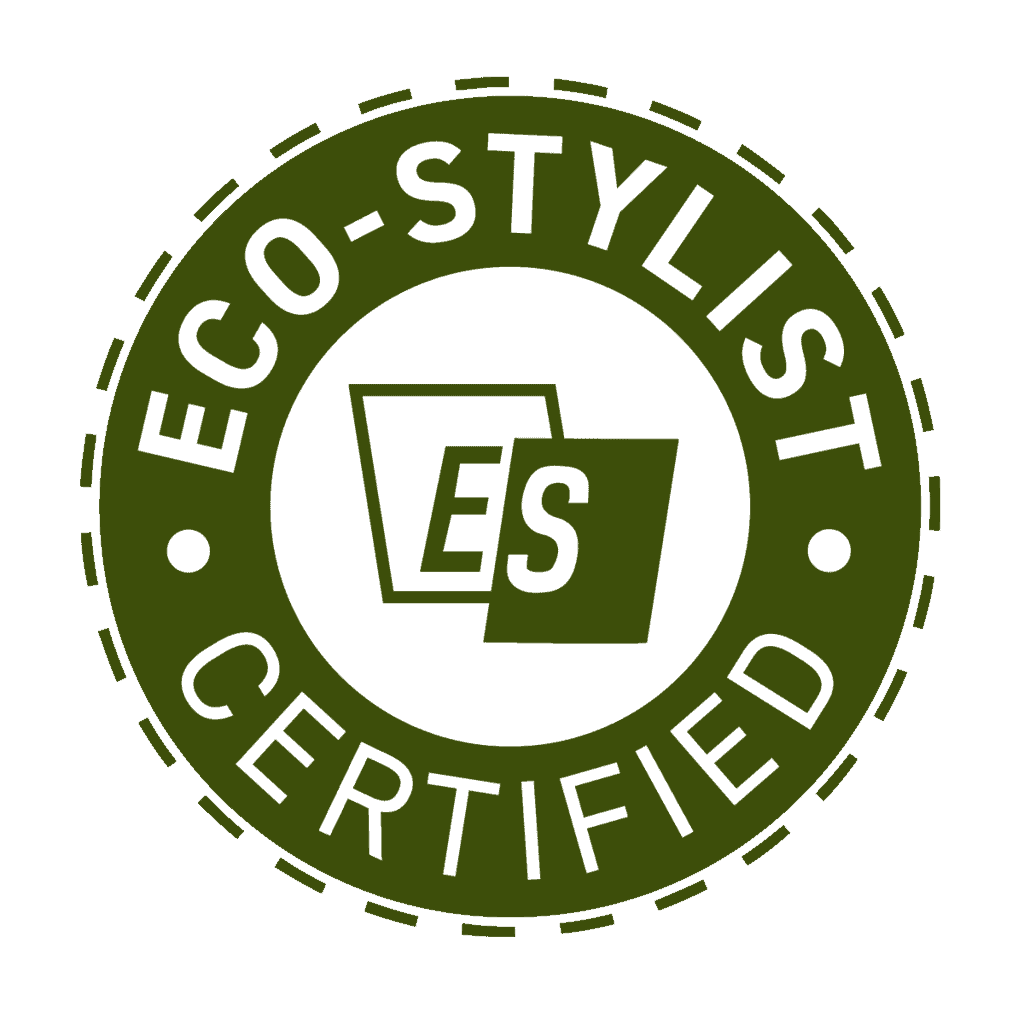
Check out Eco-Stylist’s brand page to find ethical and sustainable brands that are already doing it right!
*Article updated 08/05/2022.

Catherine McCourt is a content writer at Eco-Stylist. She studies English, Creative Writing, and Philosophy at the University of Iowa. When she’s not writing about sustainability in fashion, Catherine enjoys painting, journaling, and much needed downtime.









